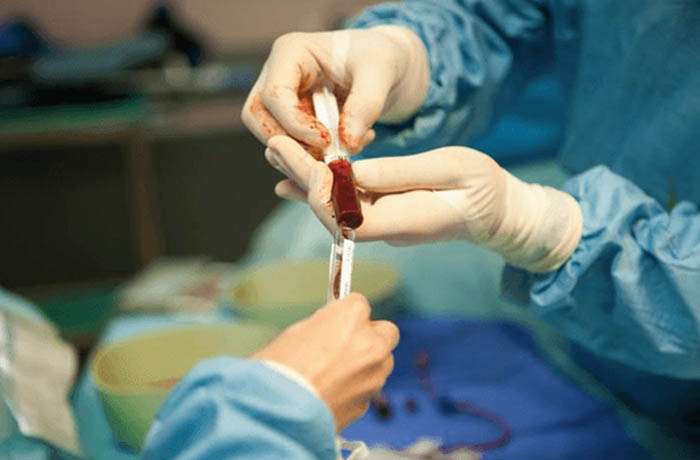Bone Marrow Transplantation Treatements
Abone marrow transplant is a procedure to replace damaged or destroyed bone marrow with healthy bone marrow stem cells.Bone marrow is the soft, fatty tissue inside your bones. The bone marrow produces blood cells. Stem cells are immature cells in the bone marrow that give rise to all of your different blood cells.
Patient’s own stem cells are collected from bone marrow or peripheral blood, frozen, and returned after intensive treatment, sometimes referred to as “rescue.”
Stem cells from a genetically matched donor, often a sibling, are harvested from bone marrow or peripheral blood.
Medications prescribed for allogeneic bone marrow transplants include those to prevent graft-versus-host disease and suppress the immune system. Post-transplant, you may also receive medications to safeguard against infections while your immune system recovers.


